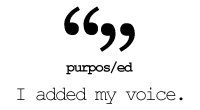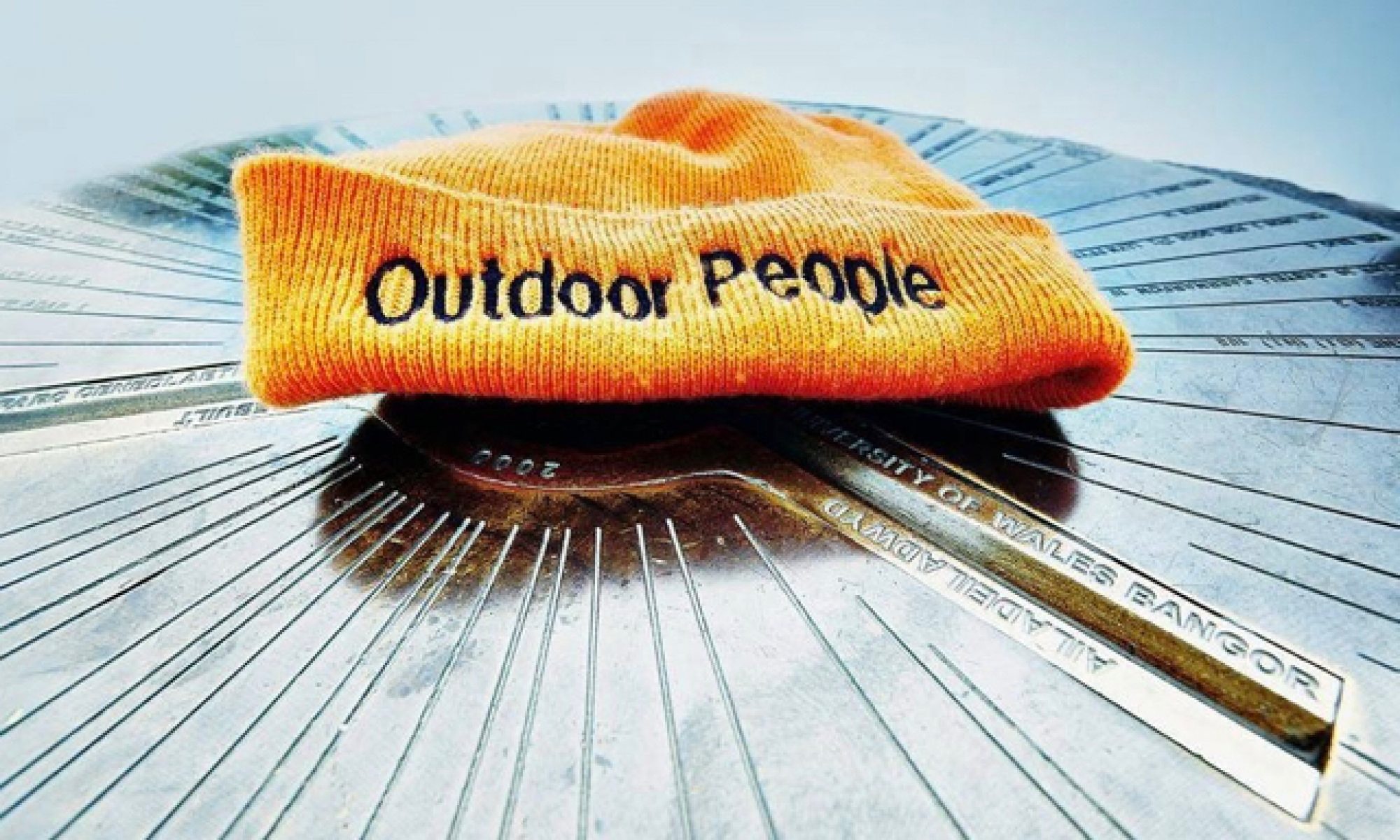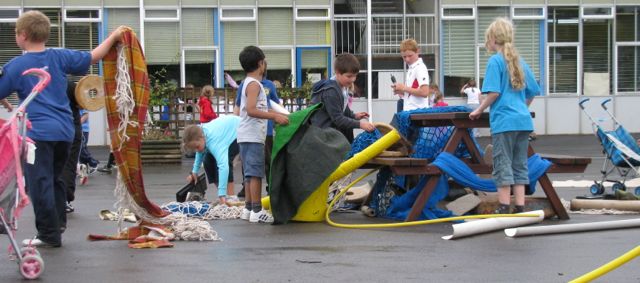 What is the purpose of education? This is a question posed by the Purpose/Ed campaign back in 2013, and this was my response… Given we are now in the last 100 days before the next election I thought it might be a good time to repost. Outdoor play has a key role to play in education, not just in the early years, but throughout schooling. Not just as a small break between classes, but as an integral and often overlooked part of the school day for all children and young people. Anyway here’s my essay…
What is the purpose of education? This is a question posed by the Purpose/Ed campaign back in 2013, and this was my response… Given we are now in the last 100 days before the next election I thought it might be a good time to repost. Outdoor play has a key role to play in education, not just in the early years, but throughout schooling. Not just as a small break between classes, but as an integral and often overlooked part of the school day for all children and young people. Anyway here’s my essay…

What is the purpose of education? Surely to prepare us for life! I don’t just mean work – though that is important – but for life in all its richness. Life as a child, a young person, an adult. Life as part of a family, and as part of a community. Yes, schooling should build key skills such as reading, writing and maths. We should know why Mendel bred peas, be able to get by in French, have a passing acquaintance with quadratic equations. But school alone cannot teach us everything we need for work let alone for life. Based on my experience to date and a fairly erratic reading list*, I’d like to suggest that the real purpose of education, in a nutshell, is to help us:
- To find out who we really are – give us opportunities to develop the character and capabilities we need at the time and throughout our life, to develop the resilience to deal with life’s knockbacks and the patience to strive;
- To learn how to understand other people – to develop friendships, to get along with people, to deal with bullies and arguments, to collaborate and be part of communities; and
- To discover what inspires us – building a thirst for understanding, and giving us the skills to satisfy that thirst.
These are not skills and attributes we can fully develop in a classroom. They are, however, capabilities we develop when playing outside.  When the choirmaster Gareth Malone in 2012 was challenged to increase the literacy skills of a group of lacklustre Yr 5 & 6 boys (in his ‘extraordinary school for boys’), he didn’t sit them down to do intensive reading and phonics. He had them climbing trees and playing outdoors and really engaging with who they were physically until their ideas were brimming over. Their reading ages jumped dramatically in just a few weeks. Time to play – before and after school and in the breaks in between – are the ‘liminal spaces’ of schooling. They are neither home nor school, belonging to children, and yet not quite theirs to control. These are the spaces and places where I believe we achieve much of our real education. They provide the warp to the weft of schooling. Just listen to what the teachers say in this video from Children’s Scrapstore Playpods: [youtube=http://www.youtube.com/watch?v=nqi1KyJJeKg] And yet Professor Peter Blatchford’s research into playtimes and breaks over the last twenty years shows that despite clear evidence of the value of playtimes as part of a child or young person’s learning (and enjoyment of school), they are shrinking fast. Even very young children rarely get the one-and-a–half hour lunch breaks that were common in the 70s and 80s, and secondary pupils have barely any free time between lessons. The situation is often even worse in the United States where it is estimated 50% of children have no recess at all.
When the choirmaster Gareth Malone in 2012 was challenged to increase the literacy skills of a group of lacklustre Yr 5 & 6 boys (in his ‘extraordinary school for boys’), he didn’t sit them down to do intensive reading and phonics. He had them climbing trees and playing outdoors and really engaging with who they were physically until their ideas were brimming over. Their reading ages jumped dramatically in just a few weeks. Time to play – before and after school and in the breaks in between – are the ‘liminal spaces’ of schooling. They are neither home nor school, belonging to children, and yet not quite theirs to control. These are the spaces and places where I believe we achieve much of our real education. They provide the warp to the weft of schooling. Just listen to what the teachers say in this video from Children’s Scrapstore Playpods: [youtube=http://www.youtube.com/watch?v=nqi1KyJJeKg] And yet Professor Peter Blatchford’s research into playtimes and breaks over the last twenty years shows that despite clear evidence of the value of playtimes as part of a child or young person’s learning (and enjoyment of school), they are shrinking fast. Even very young children rarely get the one-and-a–half hour lunch breaks that were common in the 70s and 80s, and secondary pupils have barely any free time between lessons. The situation is often even worse in the United States where it is estimated 50% of children have no recess at all.

If we want children and young people to be inspired by their schooling, to really get an education, then take a look at an adventure playground. Think back to the wild play of your own childhood. Be inspired by schools that have taken the leap and put some of that wildness into their playtimes. Schools like Beacon Rise and Wellesley Primary School in South Gloucestershire and Gawthorpe Community Primary School in West Yorkshire, where they are seeing the difference it makes to children’s confidence, creativity and ‘readiness to learn’. The purpose of education is far more than schooling, it has to meet the needs of the whole child and young person. And if we agree with that, then schools need to champion freedom to play. *suggested reading… In compiling this post I have been influenced by the usual educational theorists such as Piaget and Vygotsky, and more recently by Sir Ken Robinson, and Sue Palmer, as well as the philosophers Locke, Hume and Amiyata Sen. But for the teachers and educationalists out there can I strongly recommend exploring the world of play theory? I’ll practically guarantee it wasn’t in your teaching qualification, but that you’ll be asking ‘why not??!!’ before you get to the end.

Reports such as Best Play and the research collected in the comprehensive literature review Play for a Change and more recently World Without Play [and even more recently The Play Return which focusses on schools] give the evidence base. Play thinkers such as Bob Hughes, Tim Gill, Michael Follett and Wendy Russell (amongst many others) will help you view the world you thought you knew from a completely different angle. Enjoy! This was first published on the Love Outdoor Play blog and the Purpose/Ed Campaign site on May 15th 2013

